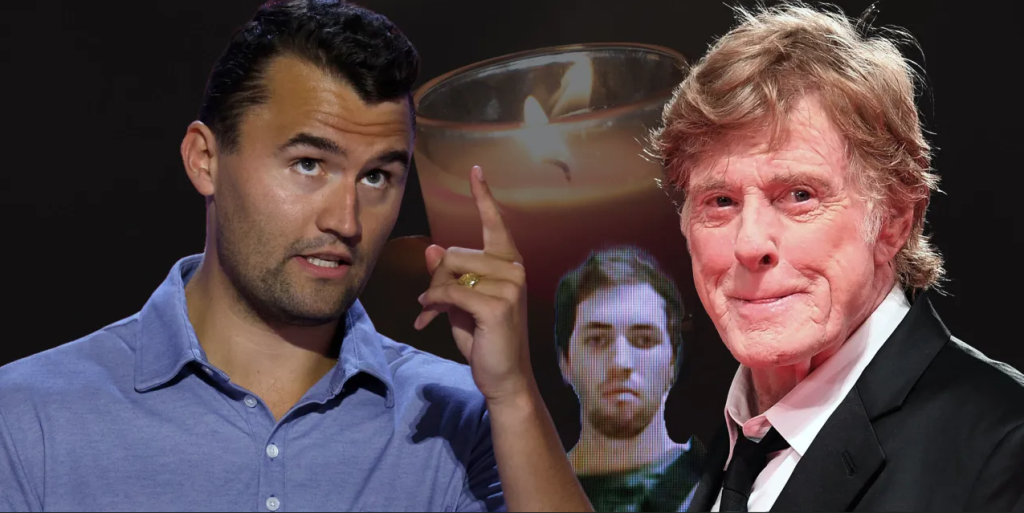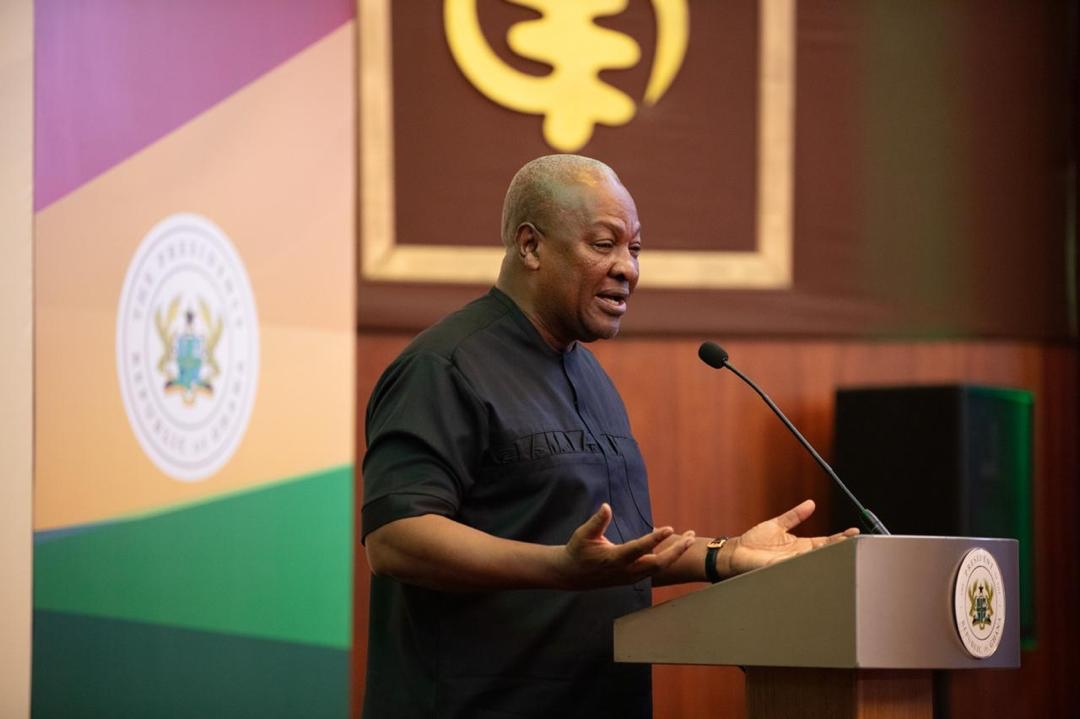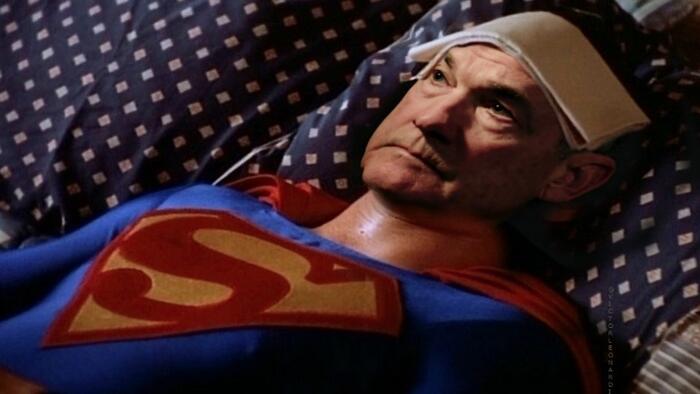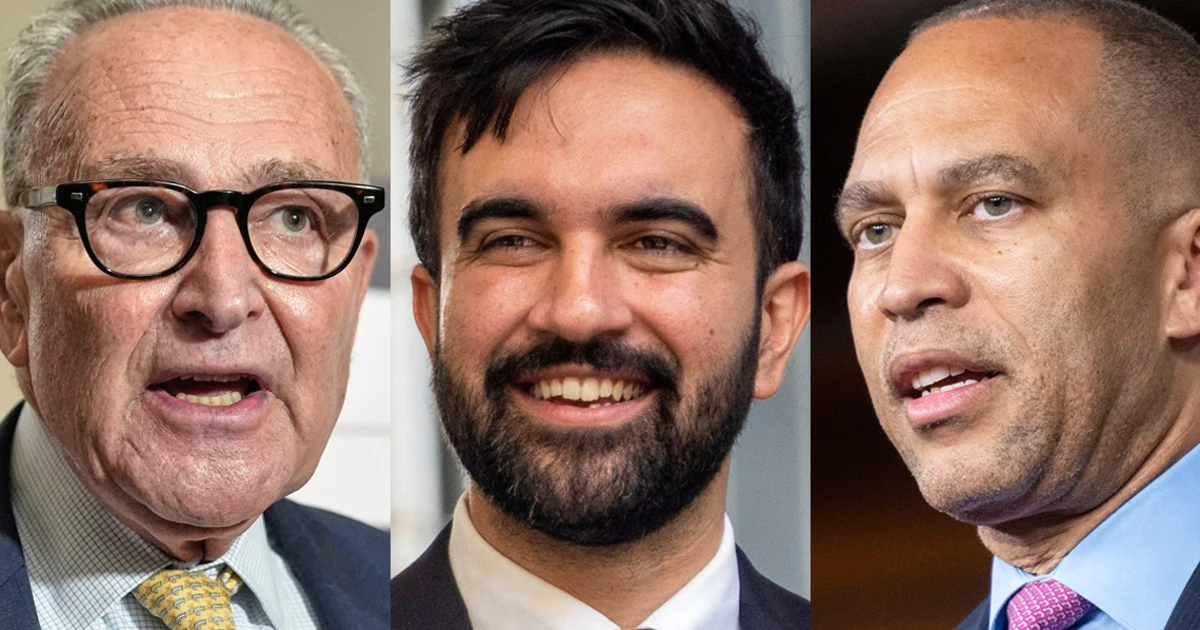By J Brooks Spector
Copyright namibian

Amid paroxysms of near-tribal hatred after the assassination of Charlie Kirk in Utah, we should also consider the good that comes out of that state as we mark the death of the actor/director/activist Robert Redford.
At the weekend, there was a mass rally for the Trump presidency, which was a harsh verbal assault on the left in US politics and Trump’s many enemies. The rally was lightly camouflaged as a memorial service for Charlie Kirk, the founder of the right-wing political advocacy group Turning Point USA, who was fatally shot on a Utah university campus on 10 September.
Held in a stadium in Glendale, Arizona, it attracted thousands of Kirk’s teary-eyed faithful for five hours of speeches and prayers. Two planeloads of Trump administration bigwigs, sycophants and staffers, including Elon Musk and, of course, the president and vice-president, were there for the ceremony — and the crowd. Big chunks of the event were broadcast live on many platforms, and much of it will live on forever via streaming services, social media and continuous loop podcasts.
There were speeches galore extolling Kirk’s humanity, his political nous, his very real contribution to Trump’s 2024 victory, his intense religious fervour, the divine favour that had shone down upon him, and his battle with the ideas of the left (often in the shape of teenage university students) in what he judged to be a Manichean struggle for the soul of the nation. Yes, some of the speeches — although most were barely eulogies of the nature that most of us are familiar with — struck a tone of respect for Kirk, such as White House chief of staff Susie Wiles’ remarks.
Others, though, were like a mix tape of the nastiest language plucked from the words of Savonarola, Torquemada, Darth Vader, Willie Stark and Elmer Gantry. White House deputy chief of staff Stephen Miller described Kirk as a tool of the almighty who had been consumed by his task of rooting out the satanic acts of the political left, Trump’s enemies in the media and the so-called deep state.
Trump’s remarks came at the end of a very long day, and The New York Times noted, “President Trump remembered Charlie Kirk as a ‘martyr’ in remarks at the conservative activist’s memorial in Arizona on Sunday, but he pivoted swiftly to blunt politics by saying that he hated his political opponents and that they ‘cheated like dogs’ [my italics]. Striking a far different tone from that of Mr Kirk’s widow, Erika, who spoke immediately before him, Mr Trump said he disagreed with Mr Kirk’s view of wanting the best for one’s opponent. ‘I hate my opponent and I don’t want the best for them,’ he said. He added: ‘I am sorry, Erika.’ Just minutes before, Ms Kirk publicly forgave the man who killed her husband. ‘I forgive him because it is what Christ did,’ she said. ‘The answer to hate is not hate.’”
Kirk’s accused killer, 22-year-old Tyler Robinson, has been arraigned and charged with multiple crimes, including one carrying the death penalty, possibly by firing squad, a holdover from the state’s earlier days. The federal government is still considering whether federal charges will be made against Robinson in addition to the Utah ones.
Religious sect
Utah is obviously much more than just the site of an infamous, politically charged murder. It is unlike the other territories that became states in the years after the beginning of the country (setting aside the origins of Pennsylvania, Maryland and the New England states, which were founded on religious terms, either as refuges for then-persecuted minorities in England or as quasi-theocracies a century and a half before the country’s independence). Utah was settled by a new religious sect that was born in the US but whose adherents had fled persecution — or worse — in towns further east — first in upstate New York and then in successive settlements across the Midwest.
The Mormons, or the Church of Jesus Christ of Latter-day Saints, to give its formal name, eventually founded settlements in what would become Utah, far from interference by the people or the government of the United States. This was especially the case since the region had yet to be formally annexed from Mexico following its defeat by the US in the 1846-1848 American-Mexican war.
For many, the settlements’ survival took on overtones of divine intervention, beyond any guidance to settle in Utah, when, early on, the settlers’ crops, assailed by vast waves of voracious crickets, were saved by the sudden arrival of large numbers of seagulls and other birds that consumed the troublesome insects.
Utah’s Mormons were prevented from achieving statehood for their territory until 1896, some years after most of the other Rocky Mountain and Great Plains territories had achieved that status. This was largely due to the Mormon practice of polygamy. When the territorial government banned that practice, statehood followed.
Over the years, Mormons (and Utah residents) have been prominent in US business, entertainment and politics, including such political figures as George and Mitt Romney, Orrin Hatch and Frank Moss; the Marriott family (yes, the hotel and restaurant empire people); and entertainers including Gladys Knight, Ryan Gosling and the Osmonds.
(George Romney had been the governor of Michigan and a leading candidate for the Republican Party’s presidential nomination in 1968, until he visited Vietnam and announced he had been brainwashed by the military there. They certainly had tried to do so, but that truth-telling did not sit well with Republican voters at the time, who then switched their support to Richard Nixon.)
In his comments soon after Kirk’s assassination, the governor of Utah, Spencer Cox, pointed out that Utah’s citizens routinely make major charitable and civic contributions beyond their numbers, and that the state’s GDP per capita and educational levels exceed national averages. Cox’s comments were an effort to deflect blame for Kirk’s death from being a reflection on his state and its people, and to acknowledge civic turmoil nationally.
(As an aside, Mormons — still a major part of Utah’s population — represent a visible share of the US Foreign Service officer corps. By virtue of their years abroad serving as missionaries, they have often mastered difficult languages and are respected for their dedicated work and service ethic. Such traits have given Mormon officer candidates a real advantage in the gruelling entry process into the Foreign Service. Those I worked with when I served as a diplomat were excellent officers.)
For some, the traits of self-reliance and uniqueness may have led towards the gun culture, as embraced by Tyler Robinson’s family, based on their postings on social media. Nevertheless, there are reports that in recent years Robinson had shifted towards a growing disagreement with Kirk’s right-wing, politically driven Christianity.
Environmentalism
Beyond the strands in the history of Utah’s make-up, there is yet another factor, a growing sense of environmentalism/ecotourism and the protection of the state’s physical beauty and natural resources. Utah’s scenery has powered many epic films, including “Butch Cassidy and the Sundance Kid”, “Thelma and Louise” and “Easy Rider”.
In thinking about this, we take note of the recent death of a prominent Utah citizen — the director/actor Robert Redford. While it is true he was born in California, where he attended high school with the likes of Steven Spielberg, and although he worked on film locations around the country, he constructed deep roots for himself in Utah.
Besides being a star in films like “Barefoot in the Park”, “The Way We Were”, “Butch Cassidy and the Sundance Kid”, “The Natural”, “Out of Africa” and “The Sting”, early on, his lead roles in “Jeremiah Johnson” (this writer’s favourite Redford vehicle), and “The Horse Whisperer” and his directing of “The Milagro Beanfield War” pointed to the actor’s environmental awareness and activism.
As Time magazine noted following Redford’s death, “His experience on the oil field [as a teenage worker seeking to earn the money to fund art studies in Europe] fuelled a lifetime of climate activism for the actor — including his strong advocacy for clean energy policies in the United States. In a piece for Time in 2018, he urged policymakers to allow solar companies to coexist with utilities in order to enable more Americans to affordably transition to solar power.
“He went on to say, ‘Time is running out. Our window of opportunity is narrow. I believe there are true limits to the resources of our planet, but there is no limit to the human imagination and our capacity to solve the biggest challenges of our time.’
“In Utah, where he resided for most of his life, he successfully campaigned against a six-lane highway that was proposed to run through a canyon, as well as a proposed coal-fired power plant. He co-founded the Redford Foundation in 2006, which aimed to support environmental impact filmmaking and served as a trustee for the NRDC [the National Resources Defense Council] for three decades.”
And perhaps, too, there was the influence of Redford’s first wife, Lola, a Mormon, helping turn the star’s vision towards Utah as the right place for him to escape the glitz and distortions of Hollywood.
(His sometimes co-star, Paul Newman, had found a safe space for his family in semi-rural Connecticut, away from New York and Hollywood. As part of Newman’s charitable works, he funded a repertoire of philanthropic efforts through sales of his popular bottled salad dressings and pasta sauces.)
Largely based in Utah, Redford also turned his attention to the establishment of the Sundance Film Festival and related activities so that young, independent filmmakers could offer their works to cinema fans and film distributors.
Redford is said to have remarked that he began to worry about his film festival once it became so popular that glitterati like Paris Hilton started showing up.
His efforts paralleled CNN founder Ted Turner’s (another American who moved to the West from elsewhere), even if their politics might have been quite different. Turner, more than anyone alive, has helped preserve and restore ancient grasslands in many parts of the western US and has successfully revived the fate of the nearly extinct American bison species.
Utah generated Tyler Robinson, but it also helped shape Robert Redford. Despite the climate of anger and fear now loose in the nation, we can hope that good will triumph. DM



